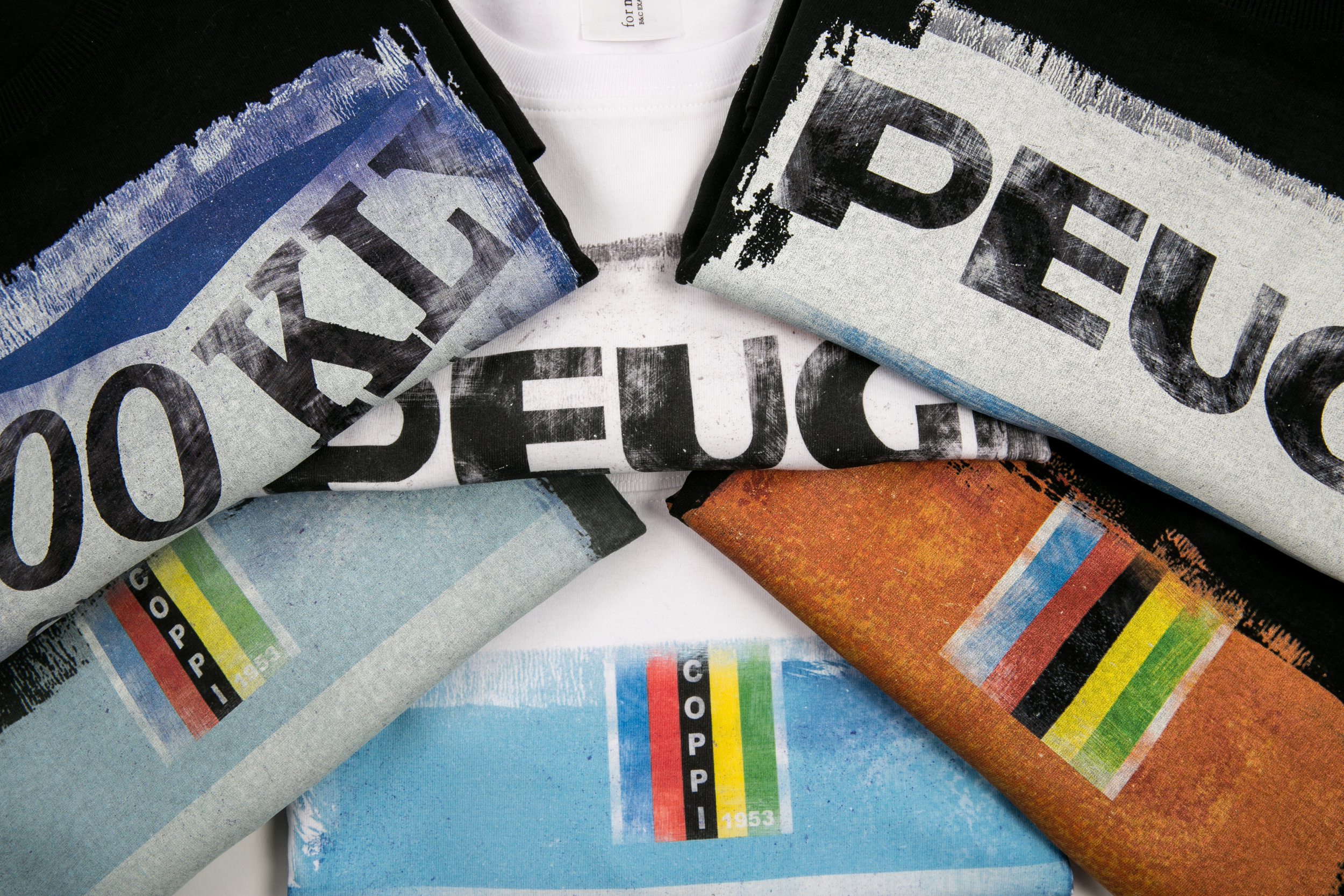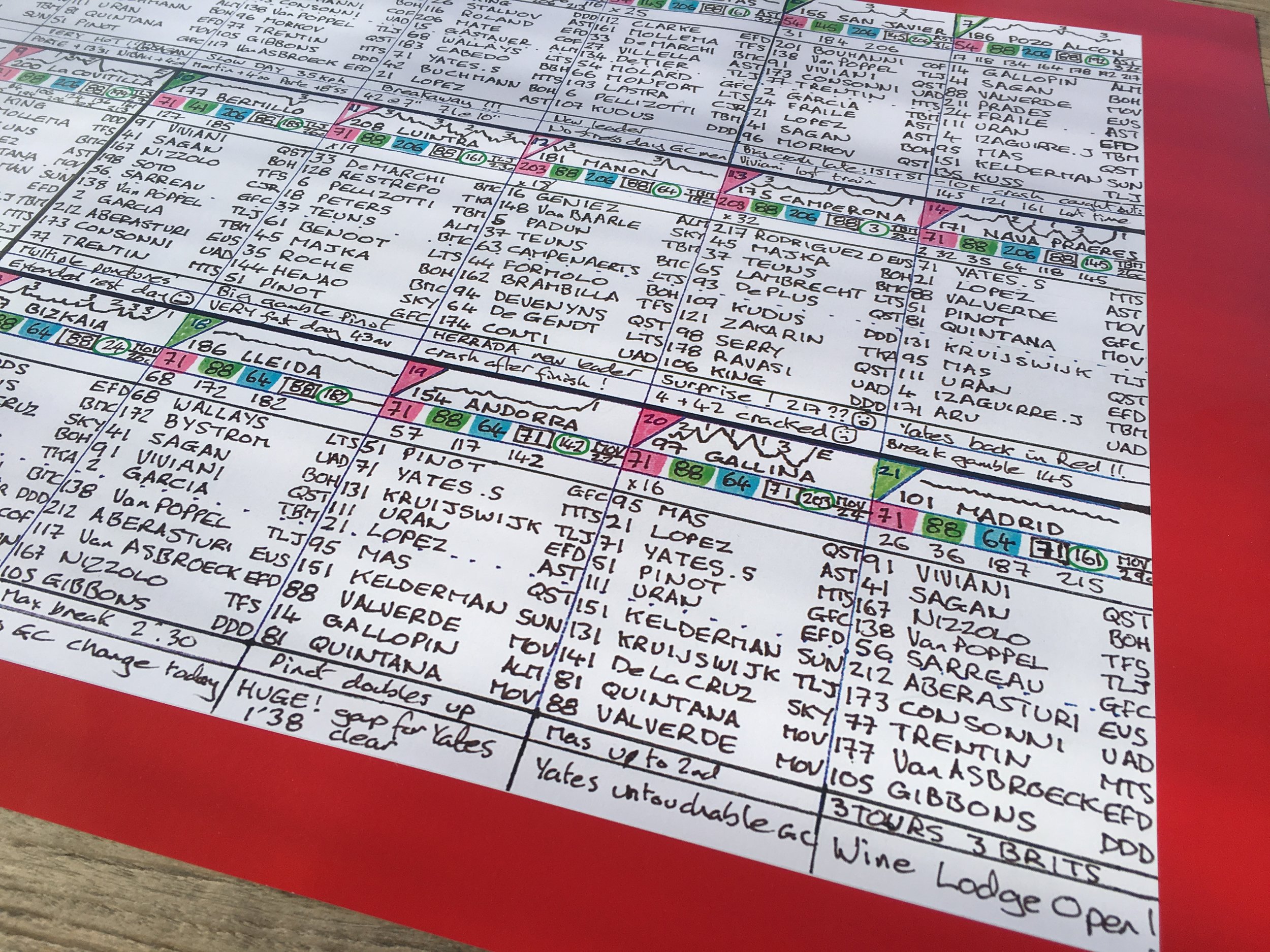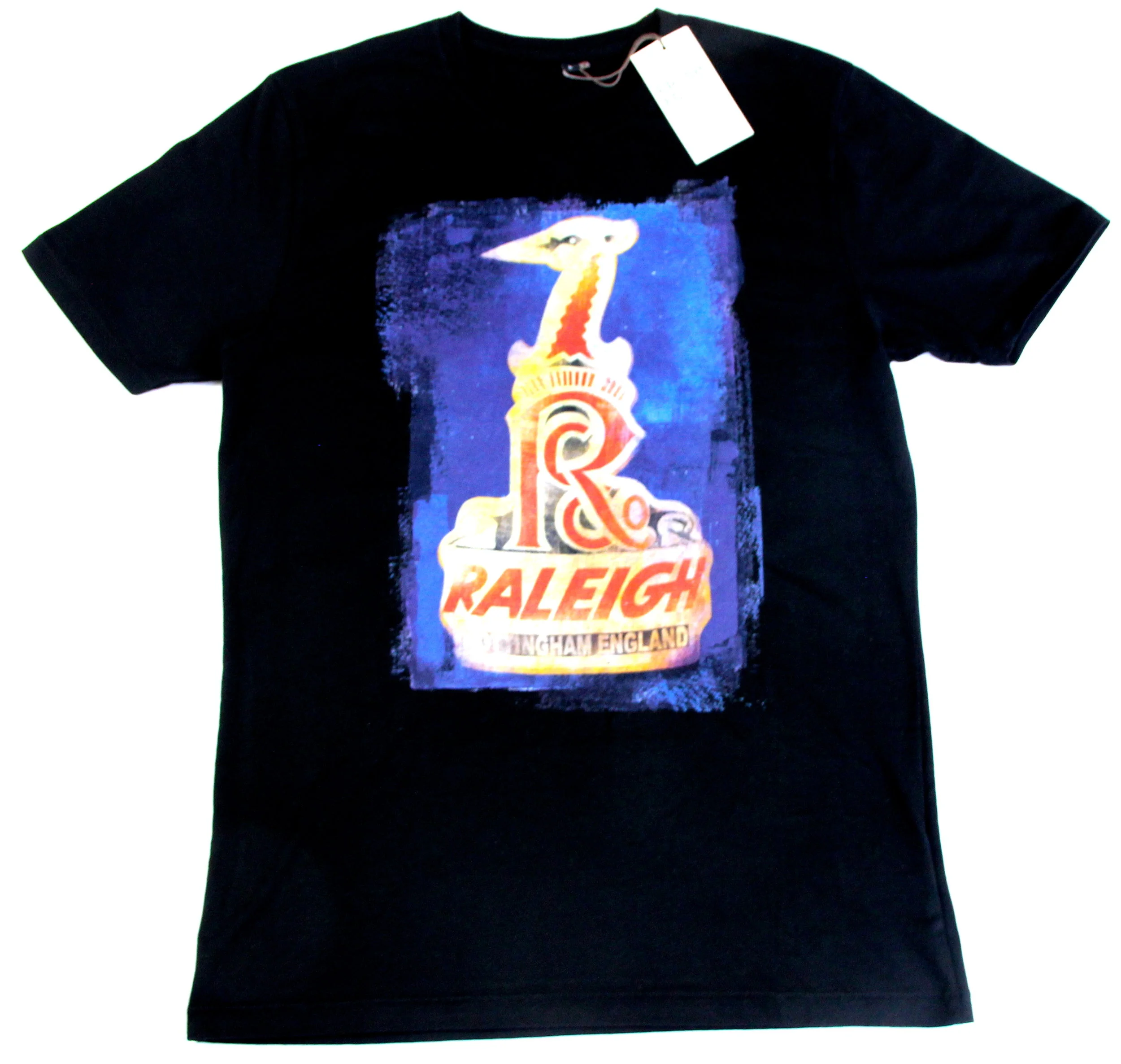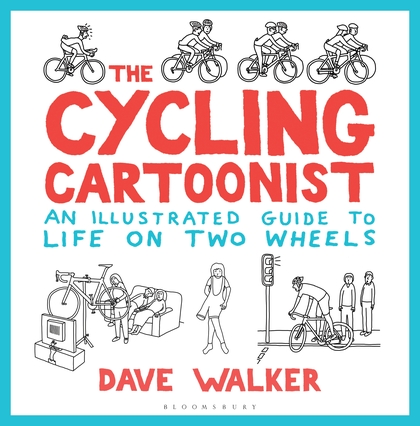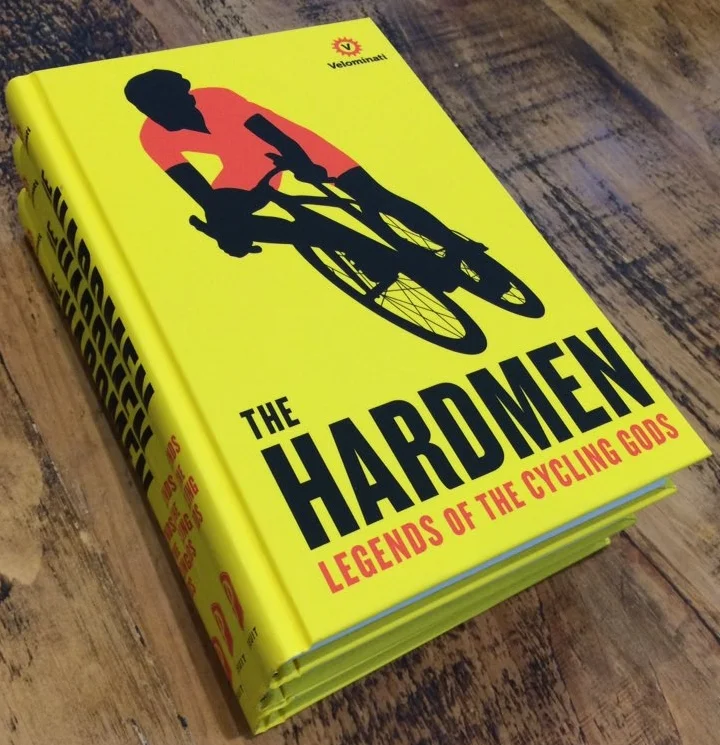Geraint Thomas has always seemed to be one of the more colourful individuals of the pro scene, with his witty ripostes to reporters and tongue in cheek comments after hard fought battles in the Tour or the Vuelta. Along with Bradley Wiggins and Mark Cavendish, he brings a bit of British dry humour to the continental scene, in stark contrast to the deadly serious Contadors of this world, so it was with eager anticipation that I delved into the newly delivered, The World of Cycling According to G.
Safe to say, G doesn’t disappoint, and from page 1 I was chuckling away at his comments on that most defining clothing item of a road cyclist: the bib shorts, reminding me of the first time I wore a pair in front of my girlfriend and her stifled giggles, along with the quandary of whether to wear pants underneath them or not.
Thomas does a good job in documenting his early humble beginnings, growing up in Cardiff, trying to keep up with veteran club members for rides across the valleys while he bonked from lack of sustenance, his embarrassment at his shaven legs in the school changing rooms, and the races he did with the Maindy Flyers, without whose support and encouragement he may not have achieved so much.
And when you see G at the end of a gruelling stage race, joking and fooling with his team mates and reporters, it’s easy to forget what an outstanding talent this man is, and what an incredible list of achievements and palmares he has under his belt. So used to seeing him as a super-domestique for Sky on the road scene, I’d forgotten the incredible record he has on the track with 2 Olympic gold medals to his name as well as being a multiple world champion. And he has an MBE to boot. And while I’ll never forget him winning the Commonwealth Games and that heart stopping moment when he punctured a few K from the finish line, we don’t often see or hear about the other important victories he’s had in Classics races like the Bayern-Rundfahrt in 2011 and 2014. Thomas’s talent, success and reputation as one of the best cyclists of his generation are without doubt.
Fast tracked into the British Cycling’s academy by the paternal Rod Ellingworth, who recognised his talent from a young age, he spent his early adulthood on training camps around Europe before growing up in a terraced house in Manchester with the likes of Mark Cavendish and Ed Clancy as they trained for Olympic medals. While the rest of us were struggling to get out of bed in time for our university lectures, they were on a brutal training regime as they strove to become the best team pursuit in the world. As he says, when it’s done well, it’s one of the most effortless-looking pieces of perfection in sport, but boy, is it tough to achieve that, and how horribly hard it can be!
The mechanics and minutiae of getting to that standard demand the utmost discipline and mental strength, but you’d want Thomas on your team to lighten up the atmosphere with a quip before the most important race of your career. He has developed a philosophy and mindset over the years to overcome that excruciating fear, paranoia and sickening anxiety before these huge moments by focusing on the process, not the outcome, and reverting to what he calls the computer in his head, programmed by coach Steve Peters with the answers to his worries.
Thomas has developed some deep and lasting friendships with some of his fellow racers, forced into sharing a life, team buses, the long kilometres of tarmac and hotel rooms with team mates for years. The difficulty of coming home to family and girlfriend after keeping this kind of company made me wince with embarrassment for him as he forgets that it’s not ok to wander around your girlfriend’s parents’ kitchen in a similar state of undress as when on a training camp, or to fart loudly in front of others.
There are some insightful sections on some of those who have had such a lasting and continuing effect on his life like Bradley Wiggins, Mark Cavendish, Dave Brailsford, Chris Froome, and the man he appears to respect above all others, Chris Hoy; a huge influence on the track athletes of the British team. Meanwhile, the soigneurs, mechanics and unsung heroes of a pro team are given their due respect and recognition. A complete professional when it comes to preparation for track or road races, Thomas throws himself into celebrations with a similar determination, and his exploits in nightclubs and at after race parties are well documented here: our G likes a drink at the end of it all!
Whether it’s giving tips on how to wee when on a bike, describing the characteristics of Italian riders (“Overflowing emotions when crossing the finish line, whether as winner or buried in the gruppetto”), explaining the awful tussle of conscience about whether to eat a Welsh cake or not and the lasting and loving relationship he’s had with various types of British confectionary unavailable on the Continent, or setting out his own list of rules in response to those aficionados, the Velominati, Thomas, as expected, peppers his prose with wit and humour. The Rules in particular, had this reader’s shoulders shaking uncontrollably with sub-headings of “Pooh-pooh the poo”, “Technology must be matched to your ability” (note: no deep rim-wheels on club runs!) and “No whistling. Because that is saying to the other guys you’re riding with that they’re going to slow for you.”
This is a great read. I felt I knew something of Thomas’s character from interviews and comments after races, and loved him for it. But I’m even more of G fan now.


